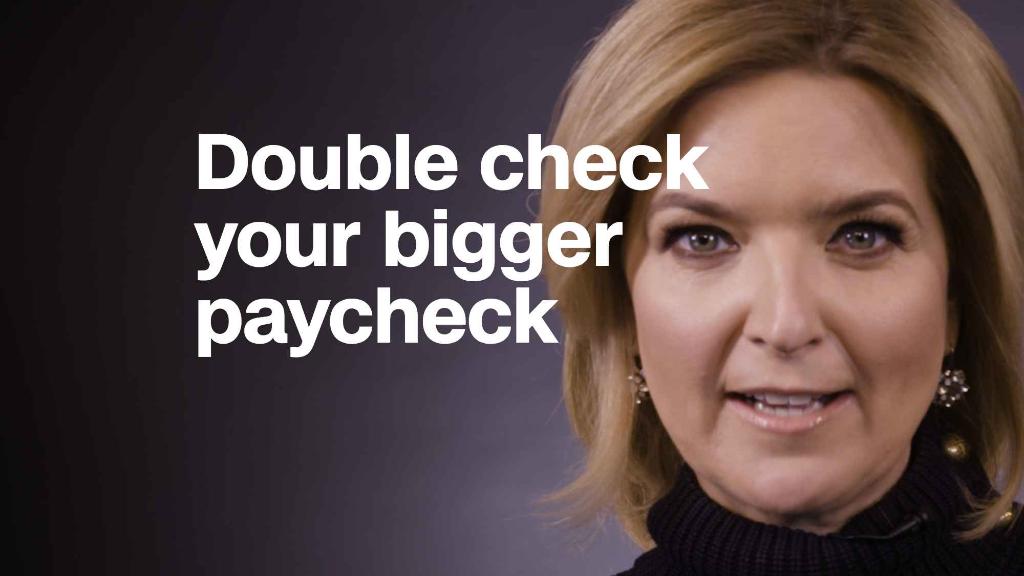
As if filing taxes weren't stressful enough, one aspect of the process that really shakes workers to their core is the prospect of getting audited.
Statistically speaking, your chances of getting audited are pretty low, as less than 1% of all returns land on the IRS's list each year.
That said, in preparing your tax return, you could end up making certain moves that increase your audit risk without realizing it. Here are a few that could subject you to further IRS scrutiny.
1. Rushing through your taxes
Some people wind up filing their taxes at the very last minute because they're forced to wait on key information or are at the mercy of their CPA friend who's supposed to be helping out. But in many cases, folks who end up sweating it out right around the deadline are those who simply procrastinate.
Either way, you should know that rushing through the process is a good way to inadvertently increase your audit risk, since, in doing so, you're more likely to omit key information or enter the wrong data.
A better bet? Pledge to start tackling your tax return a minimum of one month prior to the deadline, which falls on April 17 this year. That's right — you get a couple of extra days, which means you have even less of an excuse to run out of time.
2. Filing on paper
If you're the old school type, you may decide to file your taxes on paper this year rather than do so electronically. Bad move. Filing on paper means you're far more likely to make a mistake, and if that happens, your return could land on that audit list faster than you can say "whoops."
Consider this: The IRS reports that the error rate for paper returns is 21%, which means that one in five tax filers who go this route manages to muck something up. The error rate for electronic returns, on the other hand, is less than 1%. Remember, we're all human, and therefore subject to the occasional blunder. But if that slip-up results in an IRS audit, you'll be kicking yourself for not doing everything possible to lower your risk.
3. Guessing at numbers -- even if you're close
If there's one thing the IRS is big on, it's accuracy. So as you sit down to file your taxes, make sure you're dealing with hard numbers. Guessing at data or deductions is a great way to raise your audit risk, and it doesn't matter if you're reasonably close — the IRS wants those numbers exact. This means that if you did freelance work last year but are missing that 1099 form that summarizes your income, don't just throw out a number you think is correct. Get on the phone with that client, insist on a copy of that tax form, and get that figure just right.
Similarly, if you lost a 1099, contact the issuer and find out what exact number that document contained. Remember, every time you get a 1099, the IRS receives a copy as well, and if your return doesn't match its records precisely, you'll automatically boost your audit risk.
4. Being careless with deductions
The IRS offers a host of deductions that, if you're itemizing, could lower your tax burden significantly. But proceed with caution when claiming deductions, because if you don't, the IRS might choose to take a closer look at your return.
For one thing, avoid round numbers unless your deductions happen to work out that way. If you racked up, say, $6,966 in medical expenses, don't claim $7,000 for convenience purposes. Not only is that technically a lie, but having too clean a number, so to speak, will likely raise an eyebrow.
Furthermore, try to avoid claiming disproportionately high deductions relative to your income. While it's one thing to list $5,000 in charitable contributions with a $60,000 income, if you claim a $15,000 deduction, it's apt to look suspicious. Of course, if you're looking at an exceptionally high deduction that's perfectly legitimate, by all means, claim it — just be sure to have meticulous documentation to back it up, because chances are, the IRS will ask for it.
Related links:
• Motley Fool Issues Rare Triple-Buy Alert
• This Stock Could Be Like Buying Amazon in 1997
• 7 of 8 People Are Clueless About This Trillion-Dollar Market
While plenty of taxpayers get audited for reasons other than these, avoiding these mistakes could help you stay off that dreaded list. And that's one way to make an otherwise harrowing process just a bit less daunting.
